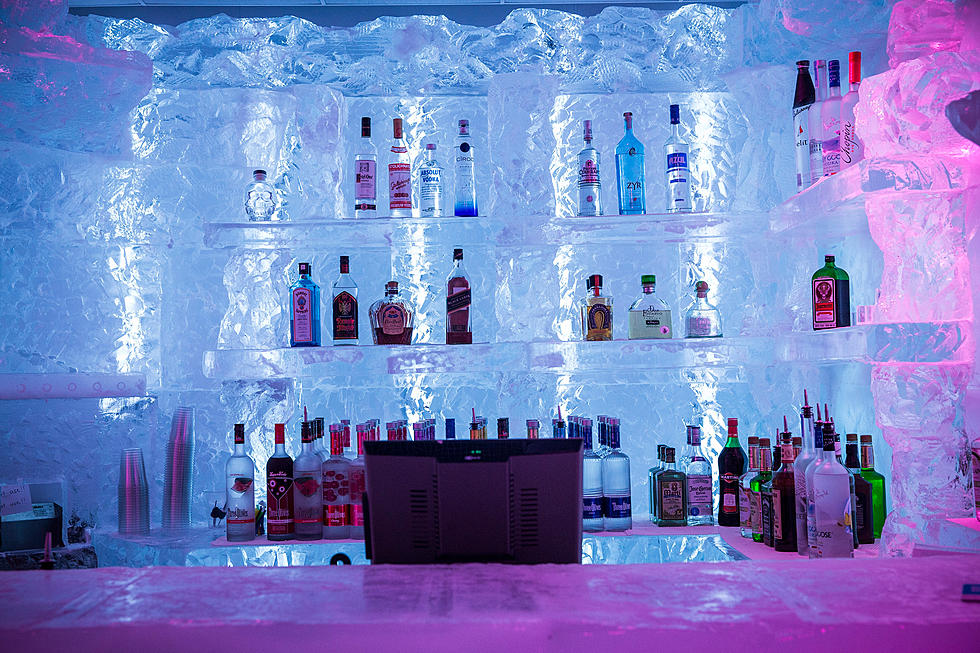
Winter Olympics: Sochi Endures for its Celebrated Games
water up in the air to the sound of classical music in Sochi, Russia. (Photo: Rebekah Floyd/BSU at the Games)
By Holly Demaree | BSU at the Games
.
The Sochi Winter Olympics are 17 days of competition that ends Sunday.
For some spectators, getting to the Winter Olympics takes more than a day of constant travel, with the inconvenience and jet lag drifting away on arrival in the Black Sea resort city.
For Sochi's residents, however, these have been moments that have taken years to build up to.
Years of preparation
Russia won the bid to host the Winter Olympics in July 2007, beating out Pyeongchang, a Korean city hosting the 2018 Winter Olympics; and Salzburg, Austria.
Sochi had made a presentation to the International Olympic Committee to host the 2014 Games in June 2006. The city in 2002 had failed to make the IOC's short list to host the 2010 Winter Olympics given to Vancouver.
Once Russia and Sochi landed the bid, it meant $50 billion in construction for facilities and infrastructure over seven years.
“Due to the Olympic construction, there wasn’t electricity for days at a time because they were running new electricity lines to the Olympic Park and Villages,” said Ivan Skoreshev, a Sochi resident.
As the deadline for the Winter Olympics drew closer, so grew the mess of preparations.
“There was a lot of dust and dirt,” Sochi resident Sergey Okunkov said. “I had binoculars that I used to look around and would see the dirt around the city.
"They literally threw the trash down the mountains, and there are a lot of places that still haven’t been cleaned up.”
The construction even disrupted the sleep of Sochi residents.
“In the summer, there wasn’t any tourism, and a lot of people were frustrated and tired of the construction noise and couldn’t sleep at night,” said Evgenia Pochenkova, who moved to Sochi a year and a half ago.
“People wondered, when will it end and when will the Olympics begin?”
While construction was long and inconvenient, some feel it was worth it because of the city’s transformation.
“My parents used to come to Sochi for vacation, and it was a small city with small buildings, and there wasn’t much here,” Pochenkova said. “But now it is completely different, there are new stores, centers (malls).
"Life has become more interesting for the people of Sochi. There is more to do now.”
Pochenkova found a job managing Shokoladnica, a café in a local mall.
The reality is that the Winter Olympics are creating cache for Sochi.
“The Olympics have had a good influence on Sochi,” Skoreshev said. “It is turning Sochi into it a well-known city.
"People now know where the city is and what it has to offer. Also the road conditions have improved. They are safer and wider now.”
Tourism impact
With the Winter Olympics ending Sunday, that has some in Sochi concerned about the tourism rate and how it will affect the city for the long term.
Sochi is hosting the Paralympic Winter Games from March 7 to 16. The Formula One-affiliated auto racing event, the Russian Grand Prix, is Oct. 12. In addition, Sochi is among the hosts in Russia for the 2018 FIFA World Cup in soccer.
Pochenkova believes while tourism will continue, especially in summer, over the next couple years. However, she has concerns after that.
"It will then change because the interest of seeing the venues will diminish," she said. "People will continue to come in the summer, but (they will) not be interested the Olympic venues as time passes, and I hope the government will do something to avoid this.”
She says the Winter Olympics have attracted many young people like her to Sochi for job opportunities. While she plans to stay and marry her fiancé, she is uncertain about prospects after the Olympics.
Some believe the breadth and depth of activities coupled with bringing more diverse cultures into Sochi and Russia during the Winter Olympics are going to be beneficial.
“Different cultures are good," Okunkov said. "It has positively impacted the city because it is good to learn about other cultures."
Pochenkova says the Sochi Games have come at a good time for Russians.
“Russians are accepting the different cultures well,” she said. “They understand that tourism is bringing changes to the culture.
"For instance, if you pay attention to the different international faces, they smile a lot regardless of what they are feeling. Unlike Russians, you can read all of the emotions on (their) face. If you look at Americans, they always smile no matter what they are feeling.”
100.5 The River, 97.9 WGRD , Channel 95.7, Classic Hits 98.7 WFGR and 1410 AM The Touch are partnering with BSU at the Games to bring you full Winter Olympics coverage! Follow BSU at the Games on Twitter and Facebook.
More From 100.5 FM The River









